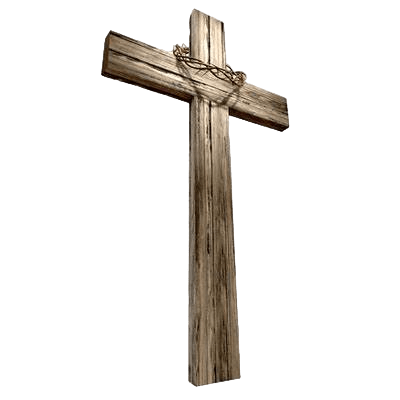
Lets dive into the questions we need to be asking about a person to see if they’re a false prophet or not. There are quite a few questions on how to test false prophets.
1. Does the prophet use fortune telling?
Divination was forbidden by God (Dueteronomy 18:9-14) No true teacher or prophet would use fortune-telling tarot cards, or have any dealing with dead spirits. (Jeremiah 14:14, Ezekiel 12:24, Micah 3:7)
2. Have the prophets short-term prophecies been fulfilled?
Deuteronomy 18:22 used this as a test. Do predictions come to pass?
The following point is an excellent way on how to test test false prophets.
3. Is the prophet marked by a desire to say only what pleases the people?
Many false prophets told people what they wanted to hear. A true prophet serves God, not people. (Jeremiah 8:11, 14:13, 23:17, Ezekiel 13:10, Micah 3:5).
4. Does the prophet draw people away from God?
Many teachers draw people to themselves or to the system or organization they have built (Deuteronomy 13:1-3).
5. Does the prophet’s prophecy confirm the Bible’s main teaching?
If a prophecy is inconsistent or contradictory to Scripture, it is not to be believed.
How to test false prophets becomes clearer as you put these principles and questions into practice.
6. What is the prophet’s moral character?
False prophets were charged with lying (Jeremiah 8:10, 14:14), drunkenness (Isaiah 28:7), and immorality (Jeremiah 23:14).
7. Do other Spirit-led people discern authenticity in this prophet?
Discernment by others who are led of the Spirit is a key test (1 Kings 22:7). The New Testament used this a great deal (John 10:4-15, 1 Corinthians 2:14, 14:29, 14:32, 1 John 4:1)

